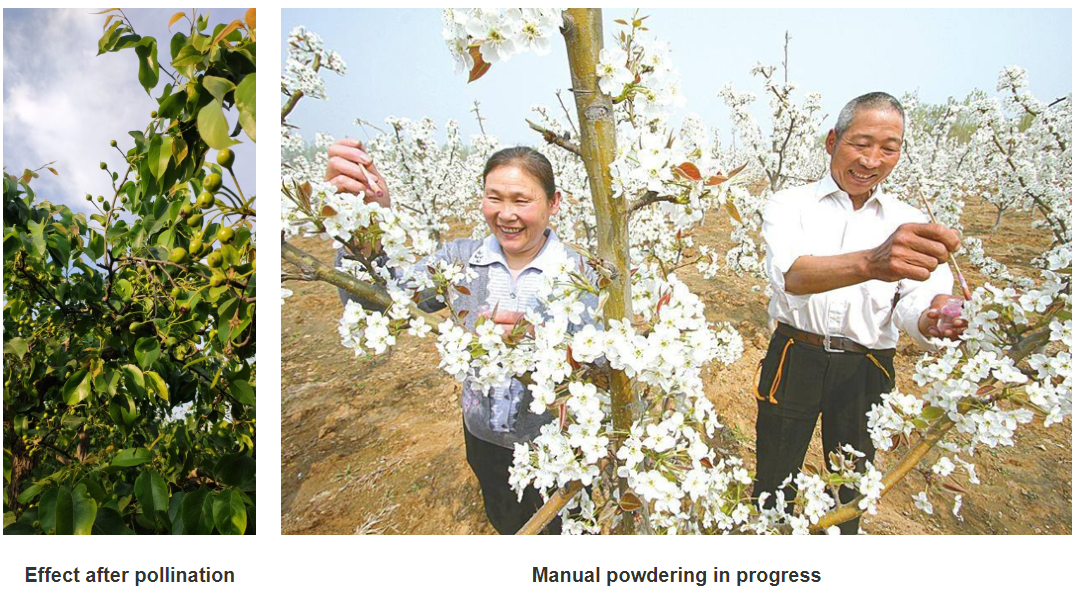ആഗ . 01, 2024 02:56 Back to list
Exploring the Unique Characteristics and Varieties of Chinese Kiwifruit Pollen for Agricultural Research
The Significance of Kiwifruit Pollen in China A Delicate Balance of Agriculture and Ecology
Kiwifruit, known scientifically as Actinidia deliciosa, has gained immense popularity in recent years, especially in China, which has emerged as one of the largest producers of this exotic fruit. While the focus often lies on the sweet, tangy taste and health benefits of kiwifruit, the role of kiwifruit pollen in the agricultural ecosystem is equally significant. This article explores the importance of kiwifruit pollen in China, highlighting its impact on pollination, fruit yield, biodiversity, and agricultural practices.
The Significance of Kiwifruit Pollen in China A Delicate Balance of Agriculture and Ecology
Kiwifruit pollen is not only essential for the fruiting process but also plays a vital role in supporting local ecosystems. Pollen serves as a food source for various pollinators, such as bees and butterflies, which thrive in kiwifruit orchards. The rich biodiversity in these agricultural landscapes contributes to the overall health of the environment. Furthermore, these pollinators are essential for the pollination of other crops, reinforcing the interconnectedness of agricultural practices and natural ecosystems.
china kiwifruit pollen

In recent years, there has been a growing recognition of the challenges posed by monoculture farming. Kiwifruit production in certain regions of China has led to concerns about biodiversity loss and the depletion of natural resources. To counteract these effects, sustainable agricultural practices are being encouraged. Farmers are now integrating companion planting and crop rotation methods that promote biodiversity while still enhancing kiwifruit yields. These practices not only benefit kiwifruit pollination but also support a wider range of flora and fauna, creating a more resilient agricultural landscape.
Moreover, research and technology in agriculture have contributed to the efficient management of kiwifruit pollen. Studies on the characteristics of kiwifruit pollen, including its viability, morphology, and allergenicity, have provided valuable insights for growers. The development of pollen management techniques, such as controlled pollination and the use of pollinator-friendly practices, has significantly improved kiwifruit production. By understanding the intricate relationship between pollen and plant health, farmers can make informed decisions to enhance crop yields sustainably.
However, with the increasing demand for kiwifruit on both domestic and international markets, the pressure to maximize production places additional challenges on maintaining ecological balance. The use of pesticides and other chemicals can have detrimental effects on pollinator populations, threatening the very process that underpins fruit production. Therefore, it is imperative for the agricultural community in China to adopt integrated pest management strategies that prioritize both productivity and ecological health.
In conclusion, kiwifruit pollen serves as a linchpin in the delicate balance of agriculture and ecology in China. Its role in pollination underpins the fruiting process, while its contribution to biodiversity enhances the resilience of agricultural practices. As the industry continues to grow, the need for sustainable farming practices becomes increasingly vital. By recognizing the significance of kiwifruit pollen and prioritizing environmental health, Chinese farmers can ensure that both their crops and ecosystems flourish for years to come.
-
High-Quality Oak Pollen for Allergy Research & Testing – Reliable Oak Tree & Live Oak Pollen Supplier
NewsJul.08,2025
-
Premium Pear Pollen for Pollination in Orchards in Taiwan – Reliable Factories, Manufacturers & Suppliers
NewsJul.08,2025
-
Premium Pollen Producer & Apricot Pollen Suppliers High-Quality Apricot Pollen Factories
NewsJul.07,2025
-
Premium Juniper Tree Pollen for Fruit Tree Varieties – Quality Assured by Leading Plum Pollen Manufacturers
NewsJul.07,2025
-
High Quality Elm Pollen Supplier - Fresh Elm Tree & Apricot Flower Pollen for Sale
NewsJul.07,2025
-
Premium Cherry Pollen for Sale – Fresh Cherry & Avocado Tree Pollen Supplier
NewsJul.06,2025